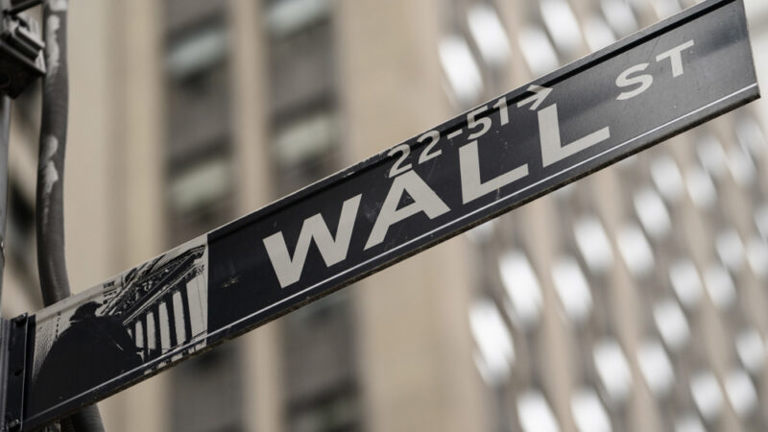Cathie Wood and Warren Buffett share a particular AI stock that is trading at dirt cheap levels right now.
Ark Invest CEO Cathie Wood and Berkshire Hathaway CEO Warren Buffett are two investors that are prominently featured in the financial media. However, the underlying reasons for the intense scrutiny over Wood and Buffett couldn’t be more different.
Wood is an investor in growth stocks, often touting the potential of emerging technologies or even speculative opportunities that have yet to reach critical scale. By contrast, Buffett focuses on concrete fundamentals such as cash flow, earnings power, and steady growth over a long-term time horizon.
Yet despite these differences, Wood and Buffett do share some overlap between their respective portfolios. Namely, both investors hold positions in Amazon (AMZN 2.32%). Below, I’m going to outline why now looks like a lucrative opportunity to scoop up shares of Amazon as 2025 approaches.
Amazon’s big push into 2025
With 2025 right around the corner, investors are going through the usual motions of portfolio rebalancing — taking profits in stocks that have run up and redeploying these profits into opportunities that could be poised for further gains.
In my eyes, Amazon is one of the best-positioned artificial intelligence (AI) stocks heading into next year. While it is primarily known for its e-commerce marketplace and cloud computing platform, the company also boasts a budding subscription business (Amazon Prime), a streaming service (Prime Video), and an advertising operation.
To me, every one of Amazon’s major sources of revenue is poised for significant growth during the fourth quarter. Over the course of the last few months, businesses have been tweaking financial forecasts and budgets for next year while consumers have been rushing to finalize their holiday shopping.
Image source: Getty Images.
When Amazon reports fourth-quarter earnings sometime in early 2025, I would not be surprised to see notable upticks in sales from Amazon Web Services (AWS) as corporations double down on AI roadmaps, as well as increases in the e-commerce and subscription segments fueled by end-of-the-year shopping patterns.
Free cash flow like there’s no tomorrow
What makes Amazon so appealing beyond its diverse ecosystem and multiple streams of revenue is its profitability.

Image source: Amazon Investor Relations.
Over the past year, Amazon has significantly accelerated its free-cash-flow generation. As a result, the company has been able to strengthen its balance sheet — which boasts a cool $87 billion in cash and equivalents — and reinvest excess profits into opportunities in high-growth areas such as AI and streaming.
Two near-term catalysts that I think are going overlooked include a new streaming series featuring the biggest star on YouTube (MrBeast) as well as ongoing investments in AI unicorn Anthropic, which is becoming a critical pillar and bellwether for AWS.
A prime deal so good you can’t resist
Amazon can be a challenging company to value. Since many of its businesses are vulnerable to macroeconomic factors such as inflation or interest rates, Amazon’s growth trends fluctuate dramatically every now and again.
For this reason, valuation methods such as price-to-earnings (P/E) or price-to-sales (P/S) ratios might not be the most optimal to use. Instead, I like to assess Amazon by studying its price-to-free-cash-flow (P/FCF) ratio.
AMZN Price to Free Cash Flow data by YCharts
As the chart above illustrates, Amazon’s P/FCF of 57 is materially lower than its 10-year average of about 81. I find this discount intriguing because Amazon is a much larger and more diversified company today than it was a decade ago. Moreover, the company is uniquely positioned to leverage AI in ways many of its competitors cannot given how wide Amazon’s ecosystem is.
To me, Amazon stock is a downright bargain right now and represents a compelling buying opportunity for investors with a long-run time horizon.
John Mackey, former CEO of Whole Foods Market, an Amazon subsidiary, is a member of The Motley Fool’s board of directors. Adam Spatacco has positions in Amazon. The Motley Fool has positions in and recommends Amazon and Berkshire Hathaway. The Motley Fool has a disclosure policy.



